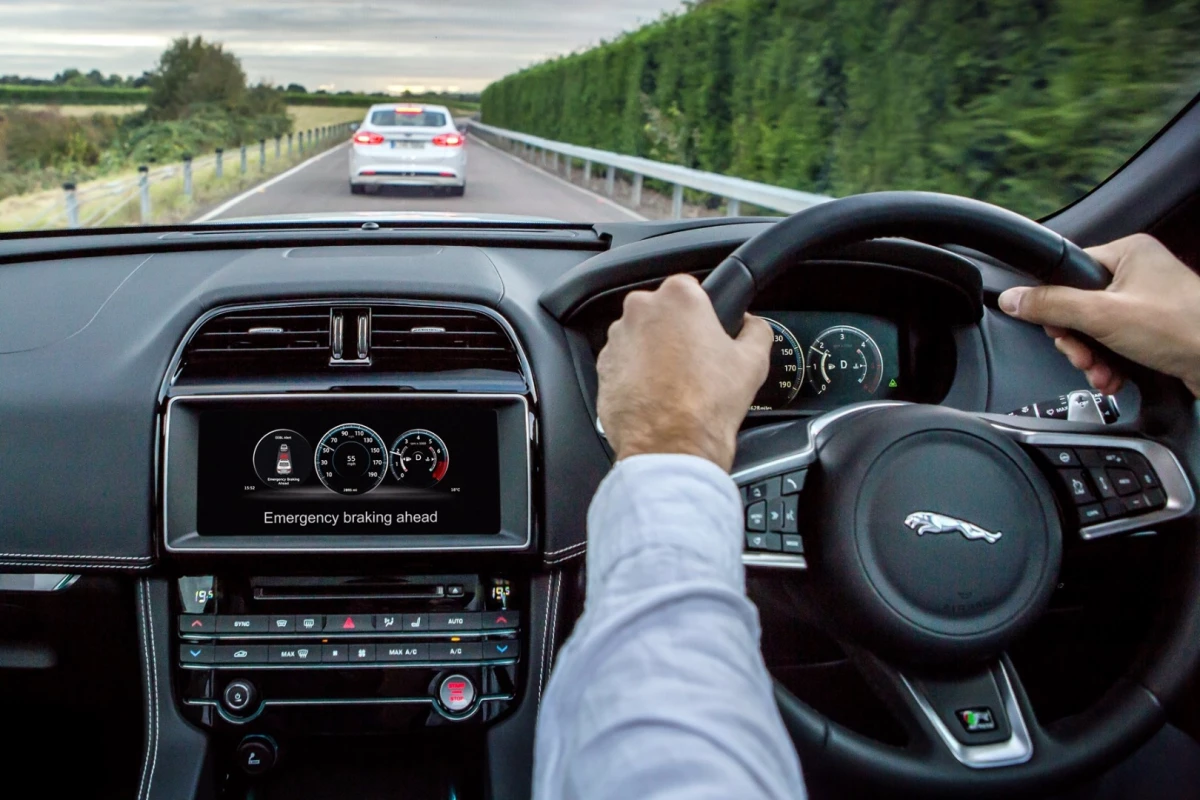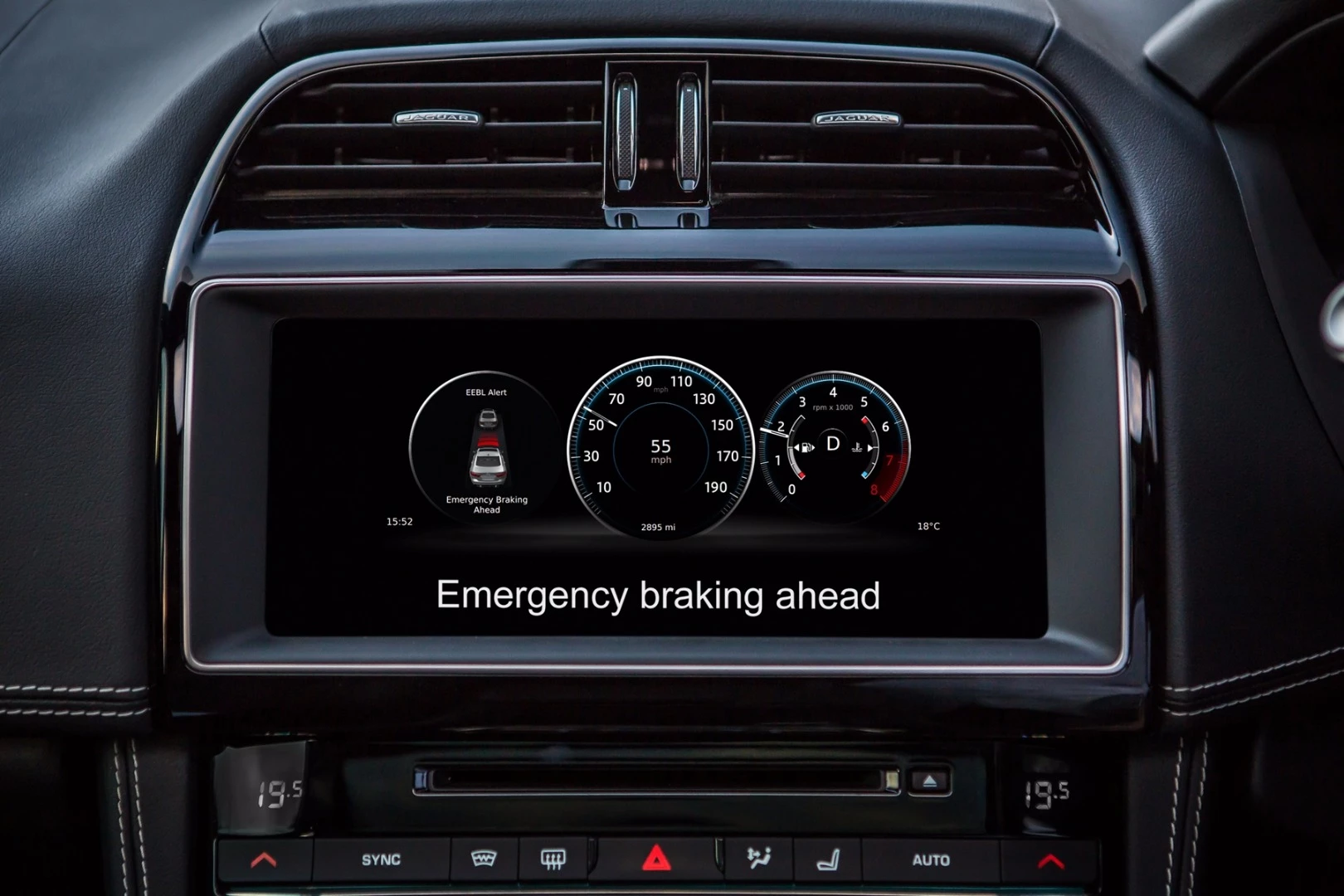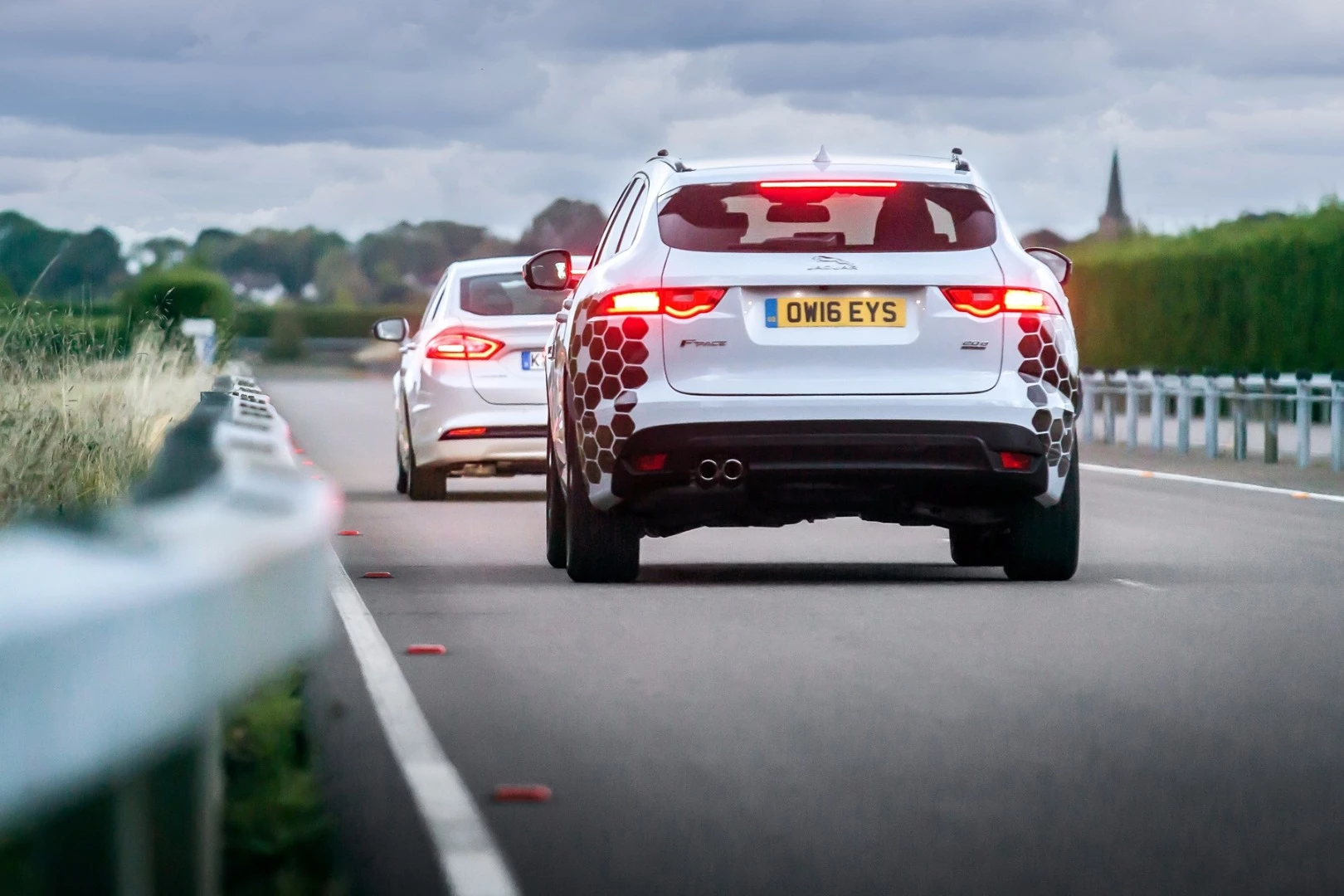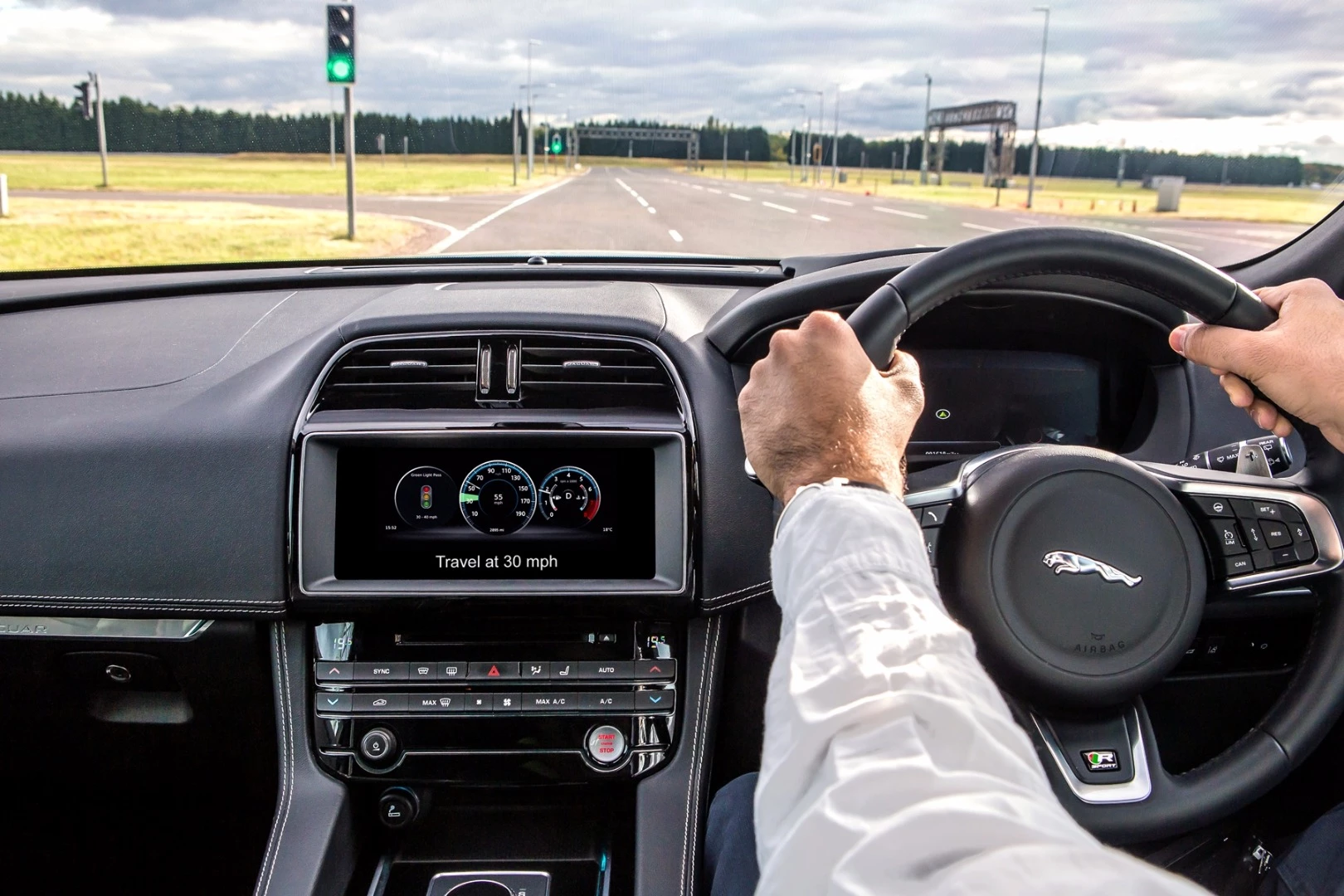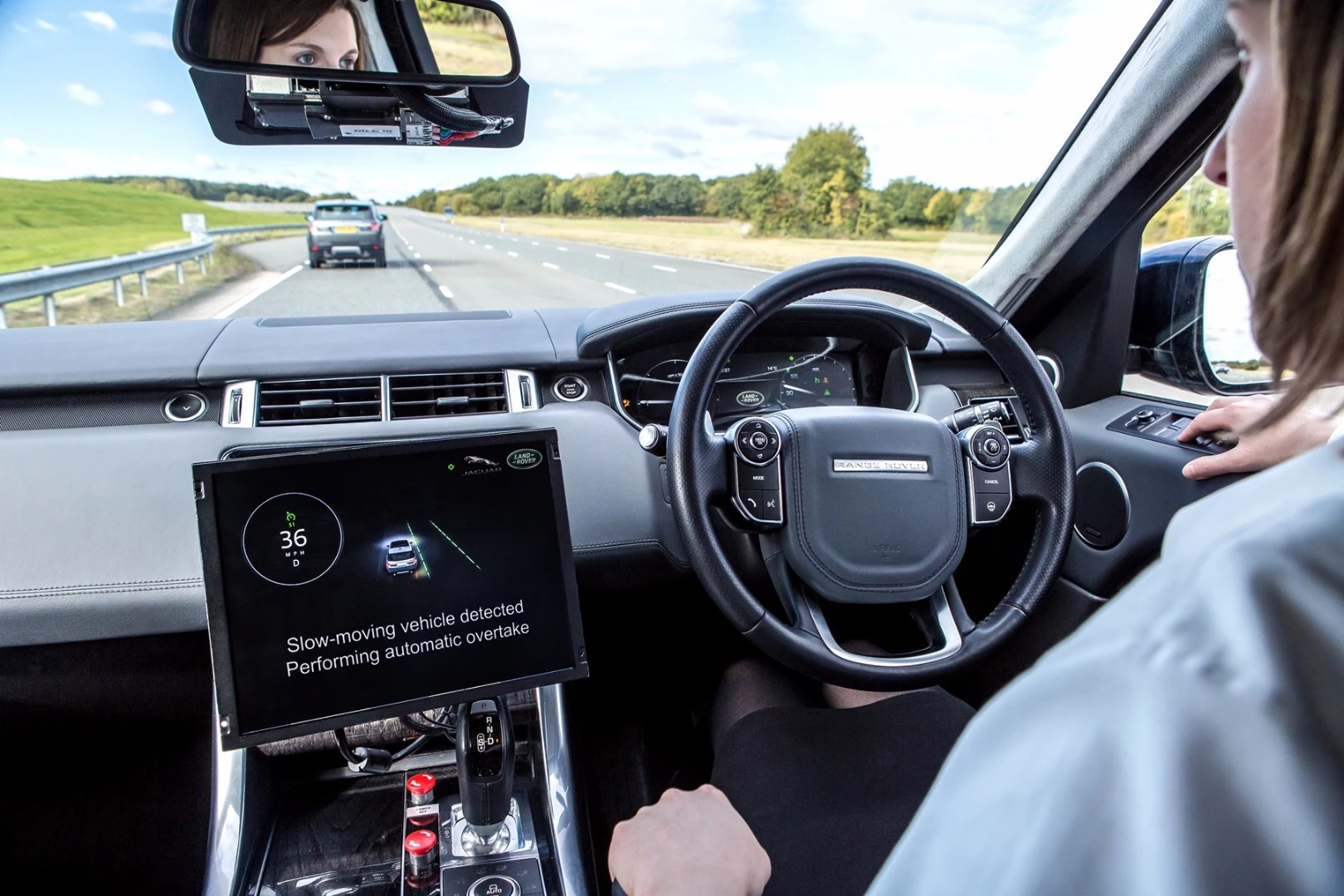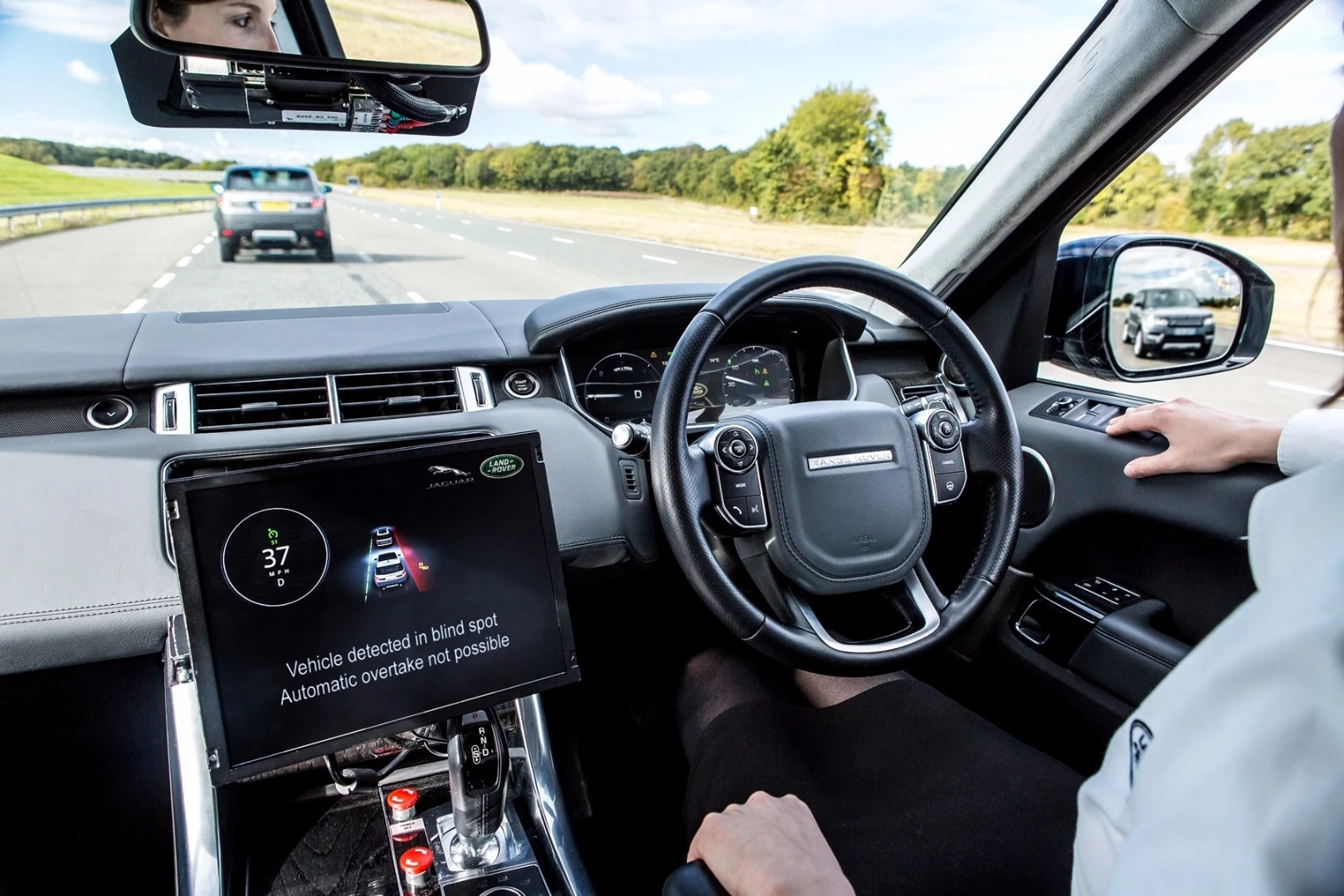While self-driving vehicles will be revolutionary, having self-driving vehicles communicate with one another and with road infrastructure will take that revolution to the Nth degree. In a UK-first, a cross-company collaborative demonstration of these technologies working together has taken place.
"The benefits of having cars that can communicate with each other and their surroundings could be very significant," says Arup's UK Autodrive project director Tim Armitage."From increased road safety to improved traffic flow, more efficient parking and better information for drivers."
As part of the demonstration, a car was shown communicating to cars behind that it had braked severely, with the drivers in the following cars alerted accordingly. This functionality is seen to have particular potential for improving safety in instances where a driver may not have a good view of what is happening ahead, such as when it is foggy.
Also demonstrated was information being sent from traffic lights to vehicles, allowing the vehicles to adjust their speed so as to reduce the chance of encountering a red light. The implementation of such connected technology in production vehicles could improve traffic flow and reduce emissions.
The demonstration was the culmination of a first set of connected car trials as part of the UK Autodrive project, of which the "Low-carbon Urban Transport Zone" (LUTZ) Pathfinder project was also part. The trials were carried out over the course of two weeks at the Horiba Mira proving ground in Nuneaton by project partners Jaguar Land Rover, Ford and Tata Motors European Technical Centre (TMETC).
Jaguar Land Rover demonstrated an additional non-connected Advanced Highway Assist functionality. This allowed its vehicle to not only stay in the lane autonomously on a highway, but also to overtake slower-moving vehicles autonomously.
More trials are planned at the proving ground early next year and in restricted areas of Milton Keynes and Coventry later next year. A series of open road trials and demonstrations are scheduled for 2018.
Sources: UK Autodrive, Jaguar Land Rover
